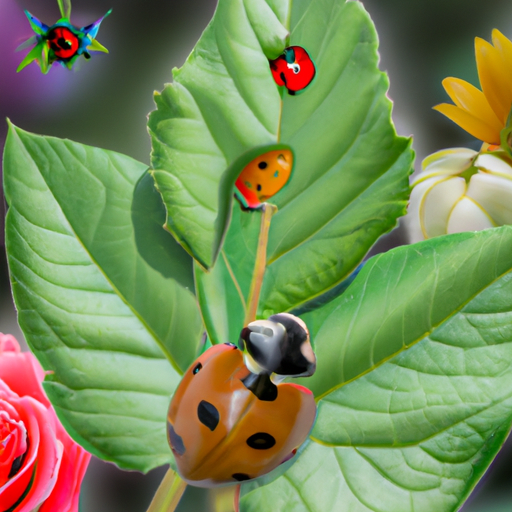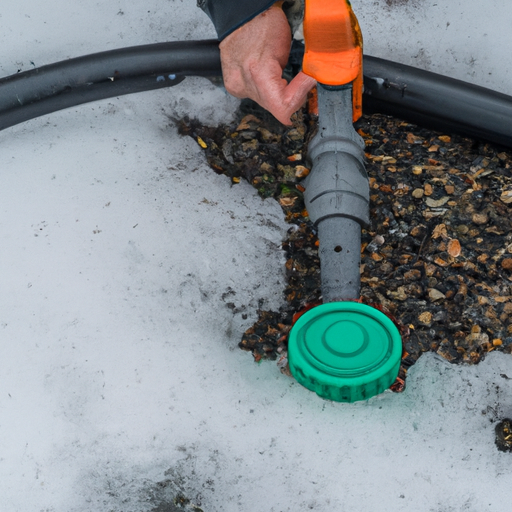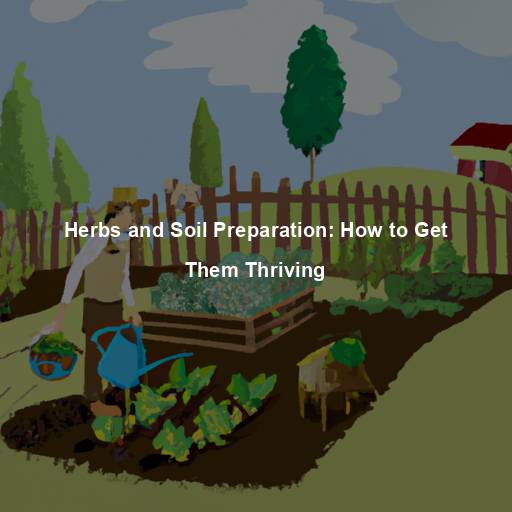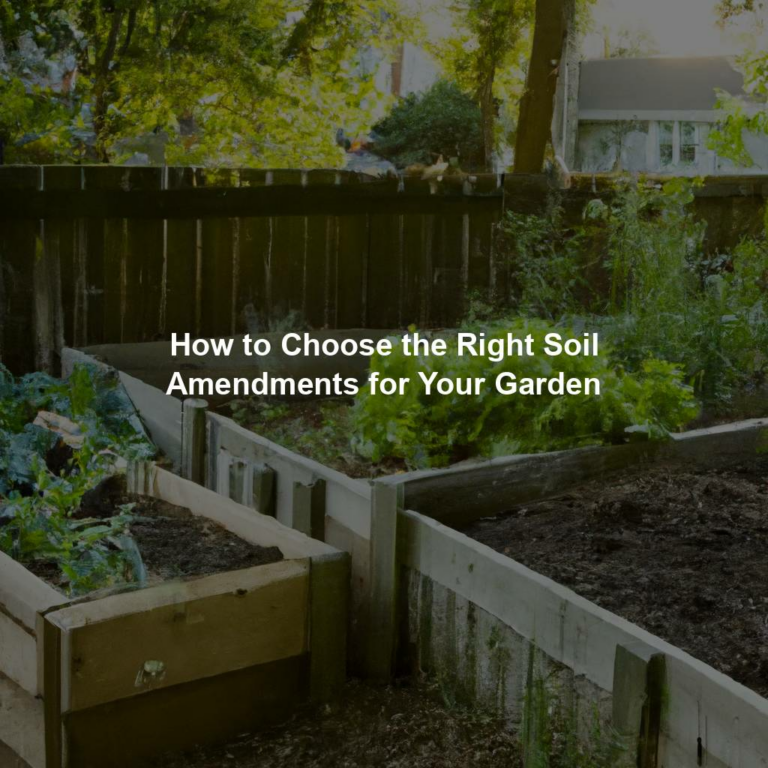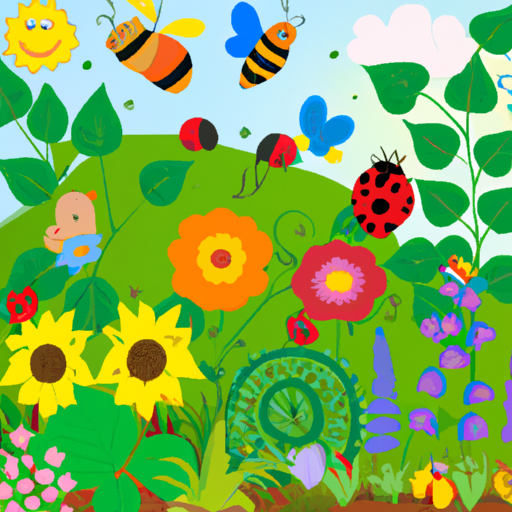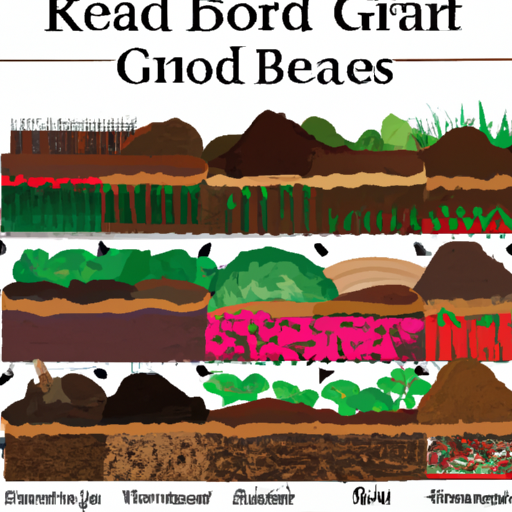As gardeners, we all know the struggle of dealing with pests in our beloved outdoor spaces. Whether it’s aphids on your roses or caterpillars munching away at your vegetables, these unwanted visitors can quickly turn a thriving garden into a disaster zone.
However, before reaching for harsh chemicals and pesticides, there are several natural ways to get rid of garden pests that are both effective and eco-friendly.
One of the best natural pest control methods is simply encouraging beneficial insects like ladybugs and lacewings to take up residence in your garden. These predators will happily feast on many common garden pests such as aphids, mites, and whiteflies, keeping their populations in check without any harm to your plants.
Additionally, incorporating companion planting techniques – where certain plants are grown together because they have mutually beneficial properties – can also help deter pests naturally. With a little bit of knowledge and some strategic planning, you can keep your garden healthy and pest-free without resorting to harmful chemicals.
Encouraging Beneficial Insects
As a Master Gardener, I can attest to the fact that garden pests are one of the most frustrating problems faced by gardeners.
But fear not! There is an easy and natural solution – encouraging beneficial insects.
By attracting pollinators like bees and butterflies, you’re not only helping your plants thrive but also creating a beautiful and vibrant garden.
Additionally, releasing ladybugs in your garden will help control aphids as they feed on them. These amazing bugs consume up to 50-60 aphids per day!
So say goodbye to pesky pests and hello to a thriving ecosystem with these simple steps.
Companion Planting Techniques
As a Master Gardener, I highly recommend companion planting techniques to control garden pests naturally. This strategy involves strategically placing plants next to each other that will mutually benefit one another’s growth and ward off unwanted insects.
Here are some tips for successful companion planting:
By implementing these strategies through companion planting and crop rotation, you can create a thriving ecosystem in your garden that encourages natural pest management. So get creative with your pairings and watch your garden flourish!
Homemade Pest Repellents
Just like how we use bug spray to keep ourselves safe from pesky insects, plants also have their own line of defense against pests.
However, sometimes DIY pest solutions are necessary to protect our gardens without resorting to harmful non toxic pesticides.
Homemade pest repellents can include a range of natural ingredients such as garlic, neem oil or chili pepper that help ward off unwanted bugs while preserving the health and beauty of your plants.
By incorporating these simple yet effective methods into your gardening routine, you can be sure that your garden will thrive for years to come.
Using Organic Soil Amendments
As a Master Gardener, I highly recommend using organic soil amendments to combat garden pests naturally.
Composting benefits not only the environment but also your plants by providing them with rich nutrients and beneficial microorganisms that help ward off pests.
Incorporating compost into your soil can improve its texture and water retention ability, making it less susceptible to pest infestations.
Additionally, using soil conditioners like bone meal and blood meal can provide essential minerals for plant growth while deterring unwanted bugs.
Remember to always read labels carefully and follow recommended application rates when using any type of amendment in your garden.
By improving your soil health through organic means, you’ll create an ecosystem that supports healthy plant growth while keeping pesky insects at bay.
Maintaining A Healthy Garden Environment
Like a healthy body, a garden environment requires proper maintenance for optimal growth.
Soil testing is an important step in maintaining the health of your garden because it helps determine what nutrients are needed to keep plants thriving.
Additionally, watering techniques can make or break a garden’s success, so it’s crucial to understand how much water each plant needs and when they need it.
Overwatering or underwatering can cause stress on the roots and lead to pest problems.
By taking these steps towards creating a healthy garden environment, you’ll not only ensure that your plants thrive but also reduce the likelihood of pests making themselves at home in your beloved green space.
Frequently Asked Questions
What Are Some Non-Natural Ways To Get Rid Of Garden Pests?
When it comes to eliminating garden pests, there are certainly non-natural options available.
One method is biological control, which involves introducing predators or parasites that will attack and consume the pest population. This can be effective but requires careful research and planning to ensure that the introduced species won’t harm other beneficial insects or disrupt the ecosystem.
Another option is chemical treatments, such as insecticides or pesticides. While these may provide quick results, they often come with negative consequences like harming pollinators and creating resistance in pest populations over time.
As a Master Gardener, it’s important to weigh all options carefully before choosing a course of action for pest management in your garden.
How Can I Prevent Pests From Entering My Garden In The First Place?
Did you know that 80% of garden pests can be prevented from entering your garden in the first place?
Companion planting is a great way to naturally protect your plants by pairing them with other species that deter common pests.
For example, planting marigolds alongside tomatoes can help repel nematodes and whiteflies.
Physical barriers such as netting or row covers can also be effective at keeping out unwanted critters.
As a Master Gardener, I highly recommend taking preventative measures like these to maintain a healthy and thriving garden.
Can I Use Essential Oils As A Natural Pest Repellent?
Essential oils have been shown to be effective in repelling garden pests.
Peppermint oil, for example, is known to deter ants and spiders while also having a pleasant aroma.
Other alternative natural repellents include garlic spray and neem oil.
These options are not only environmentally friendly but can also save you money compared to chemical pesticides.
However, it’s important to note that essential oils should be used with caution as they can harm beneficial insects as well.
As always, prevention is the best approach so consider planting companion plants or using physical barriers such as netting to keep pests at bay before reaching for any pest control method.
Is It Safe To Use Diatomaceous Earth In My Garden?
Did you know that diatomaceous earth, a common natural pest control method, is made up of the fossilized remains of small aquatic organisms called diatoms?
While it can be effective in controlling pests like slugs and beetles, there are some potential risks to consider.
Diatomaceous earth can irritate skin and eyes if not handled properly, and it may harm beneficial insects as well.
Fortunately, there are alternatives to diatomaceous earth such as using neem oil which has been used for centuries in traditional medicine and offers multiple benefits including being safe for humans and most helpful insects.
As a Master Gardener, I recommend researching all options before choosing the best solution for your garden’s unique needs.
How Do I Know If A Pest Problem Requires Professional Intervention?
Wondering if your pest problem requires professional intervention? Look for signs of severe infestation, such as widespread damage or active pests that are difficult to control.
While natural remedies can be effective in some cases, seeking professional help has its benefits. A trained expert can accurately identify the type of pest and determine the best course of action, including using targeted treatments that minimize harm to beneficial insects and plants.
Plus, they have access to specialized equipment and techniques that may not be available to homeowners.
Don’t hesitate to seek out a professional’s advice when dealing with a persistent pest issue in your garden.
Conclusion
In conclusion, there are many natural ways to get rid of garden pests without resorting to harmful chemicals.
As a Master Gardener, I highly recommend using preventative measures such as crop rotation and companion planting to avoid pest problems in the first place.
Additionally, essential oils like peppermint and lavender can be effective at repelling certain pests.
For those dealing with an infestation, diatomaceous earth is a safe and natural option for controlling insects. However, it’s important to note that some pest problems may require professional intervention.
Remember, prevention is key when it comes to maintaining a healthy and thriving garden. So don’t let pesky critters ruin your harvest – try these natural methods today!
And always remember: Keep calm and garden on!
